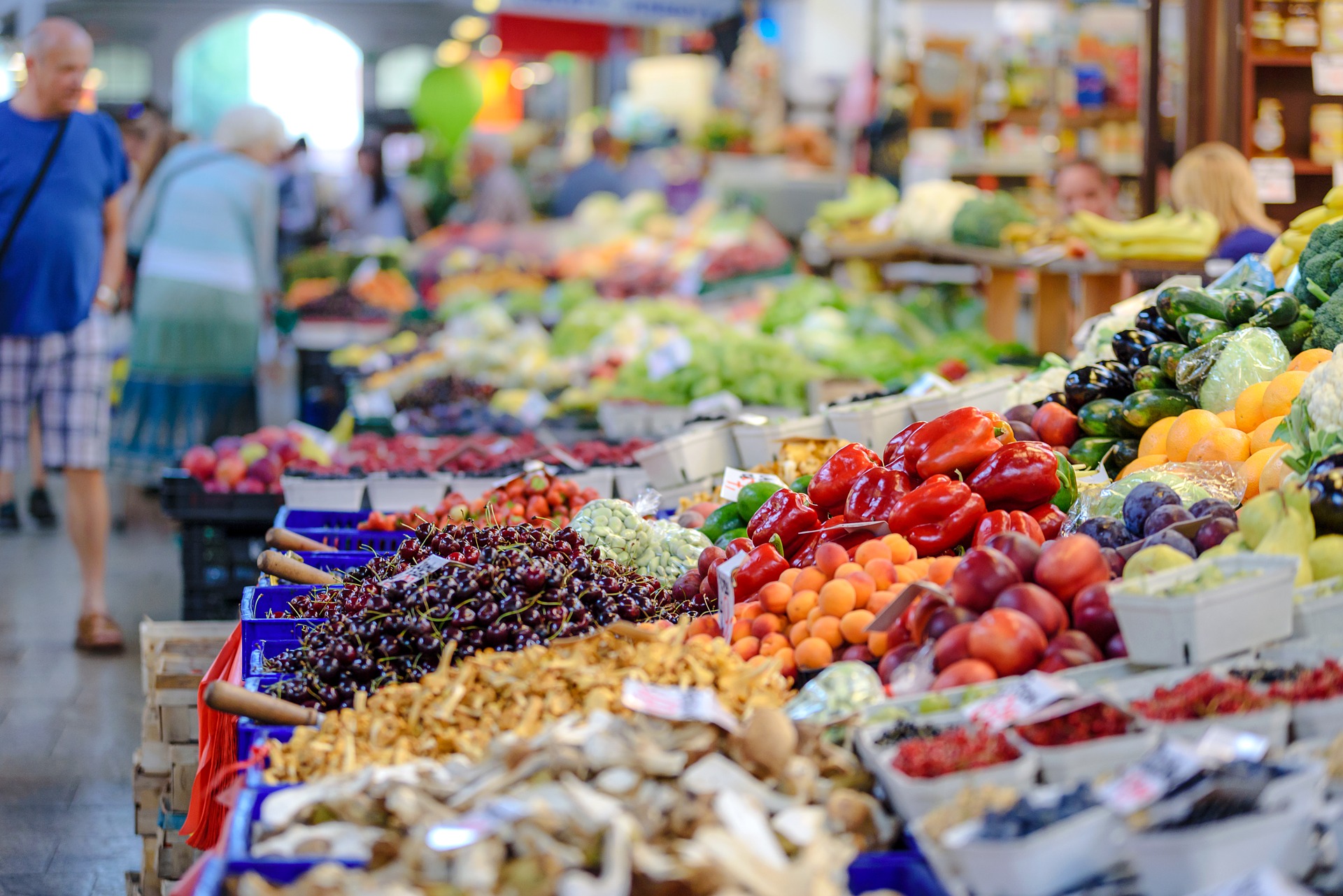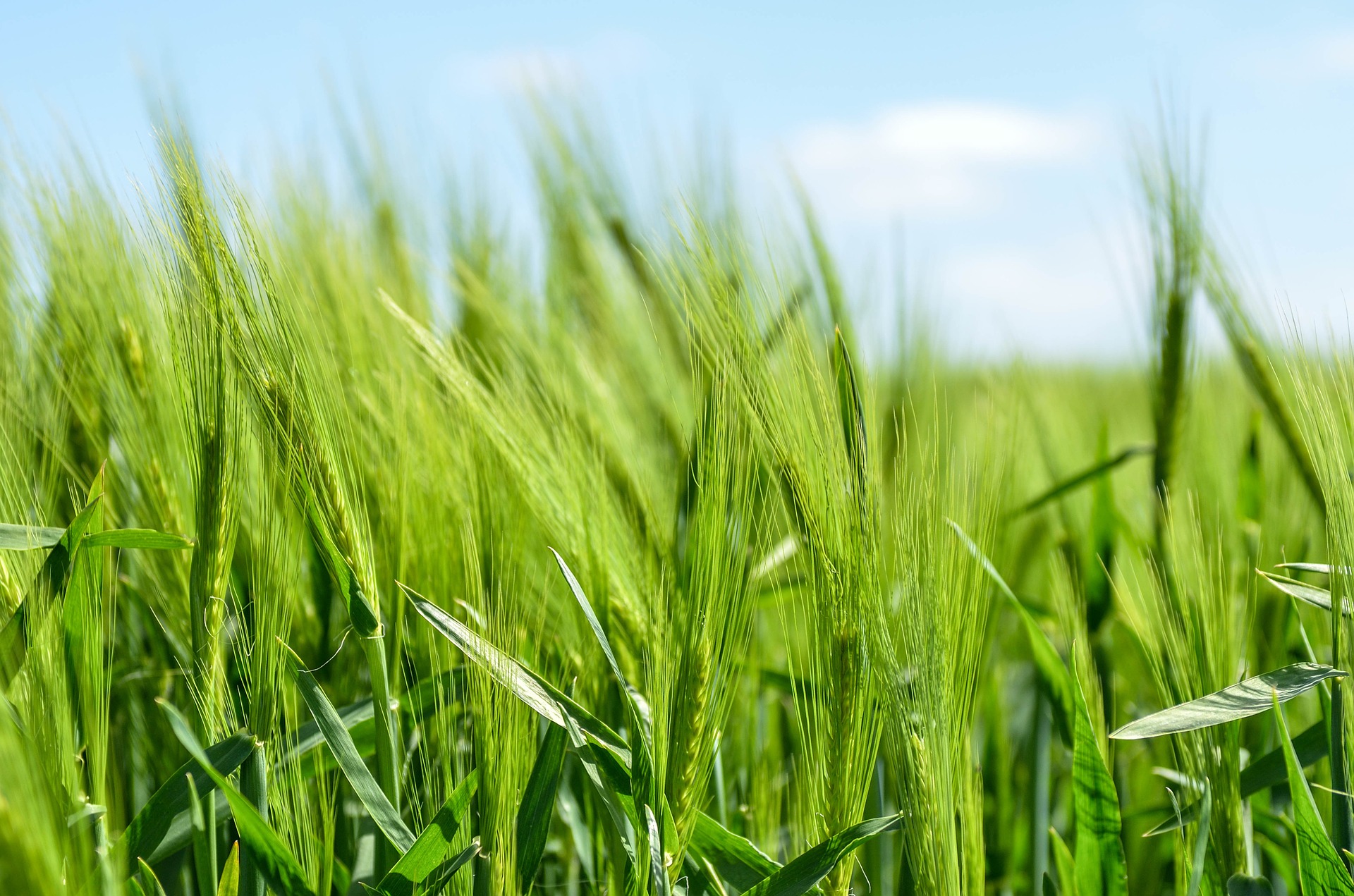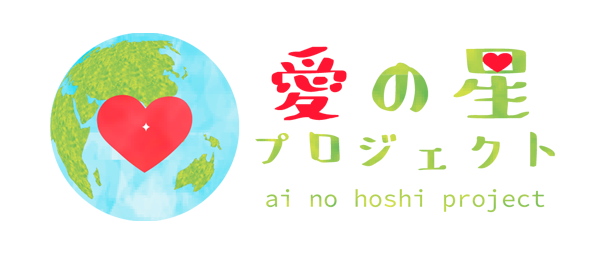Various efforts are being made in Japan and other countries around the world to reduce food loss around the world. Each of us, as consumers, should be concerned about food loss and make choices to improve food loss with an eye to the global food problem, which will lead to changing the cycle of mass production and mass consumption and to changing the world food distribution system.
Food Distribution in Japan
In the Japanese food distribution industry, there is a business practice known as the “one-third rule. The figure below illustrates the one-third rule when the best-before date is set at 6 months. The rule states that one-third of the total number of days from the date of manufacture to the expiration date is the delivery deadline (two months from manufacture in the case of a six-month expiration date), and the number of days elapsed up to two-thirds is the sales deadline (four months from manufacture in the case of a six-month expiration date).

Under the rules set by food manufacturers, wholesalers, and retailers, food products can be displayed in stores with a certain amount of time left before the expiration date, allowing fresh food to be delivered to consumers. However, if a product is returned even one day after the delivery or sales deadline, it is returned to the store, and much of it is discarded, resulting in a large amount of food loss. Overseas, it is said that “one-half” in the U.S. and “two-thirds” in Europe are common*1 for delivery deadlines, and Japan seems to be particularly short. In Japan, there is a growing movement to relax the delivery deadline from “one-third rule” to “one-half rule” in order to reduce food loss, and some major companies and supermarkets have begun to take action. The website of the Ministry of Agriculture, Forestry and Fisheries (MAFF) publicizes*2 businesses that are working to review their business practices to reduce food loss.
※1[quoted in “Food Losses to be Reduced by Reviewing the ‘One-Third Rule’ of Expiration Dates,” Asahi Digital, October 1, 2018.
※2Publication of Businesses Engaged in Reviewing Business Practices to Reduce Food Loss” (Ministry of Agriculture, Forestry and Fisheries) https://www.maff.go.jp/j/press/shokusan/kankyoi/201030.html
Surplus food to those who need it
Have you ever heard of “food bank” and “food drive”? In Japan, these words may be unfamiliar. Activities are being conducted around the world to deliver food that would otherwise go to waste, even though it is still edible, to people in need.
What is a food bank!

Food banks are activities and organizations that collect donations from companies, supermarkets, farmers, and others for food that is discarded for various reasons such as out-of-specification, misprinted packaging, and overproduction, and deliver it to welfare organizations, facilities, and other people in need of food. Food banks originated in the United States in the 1960s and are still active today. In Japan, food bank organizations have been established since 2000. According to data from the Ministry of Agriculture, Forestry and Fisheries, there are currently 136 food bank organizations (as of April 2021)*3 active in Japan. According to a survey by the Consumer Affairs Agency, only about 40% of respondents answered that they “know” about food banks*4, indicating that awareness is still low in Japan. In order to expand food bank activities in Japan, it is a future challenge to solve the shortage of personnel and facilities of food bank organizations.
What is a food drive!

A food drive is an activity in which households bring surplus food to supermarkets, schools, and other locations that conduct food drives, and the collected food is donated to local welfare organizations and facilities through local governments and non-profit organizations. Please note that each organization has its own rules regarding the food that can be donated, such as that it must be unopened and have an expiration date of at least one month. Anyone can participate easily, and food can be delivered to those in need while reducing food loss at home. The national and local governments are actively calling for participation in food drive activities, and you can learn about the locations and outline of these activities on the websites of each municipality.
*3 [Source] “List of Food Bank Organizations (as of April 20, 2021)” (Ministry of Agriculture, Forestry and Fisheries) https://www.maff.go.jp/j/shokusan/recycle/syoku_loss/foodbank.html
4 [Source] “FY 2008 Survey on Consumer Awareness Result Report” (Consumer Affairs Agency) https://www.caa.go.jp/policies/policy/consumer_policy/information/food_loss/efforts/pdf/ effort_190412_0003.pdf
Initiatives around the world
Food Waste Prohibition Law (France)

France was one of the first countries in the world to enact the “Food Waste Prohibition Law” in 2016. The law prohibits large supermarkets with a store area of 400 square meters or more from discarding unsold food due to expiration dates, and requires that the food be donated to charitable organizations or food banks, or converted into animal feed or fertilizer.
[Reference] “COLUMN 8 Efforts to Reduce Food Loss in France (Consumer Affairs Agency) https://www.caa.go.jp/policies/policy/consumer_research/white_paper/2020/white_paper_column_08. html
Doggie bag (USA)

A doggy bag is a container or bag used to carry home leftover food when eating out at a restaurant. Doggy bags are not very familiar in Japan, but they are common in the United States. In recent years, the term “doggy bag” has been replaced by “box” or “to-go box. In Japan, efforts are being made to promote the use of doggie bags in order to expand the food culture of taking home leftover food.
Composting (food scraps to compost)

Compost means “compost” in English. Simply put, compost is a soil-improving fertilizer made from organic matter that has been completely decomposed by microorganisms. By composting household food scraps and returning them to nature, we can reduce the amount of food scraps. When composting food scraps at home, a container called a composter or a garbage disposal machine is used. (A garbage disposal may also be considered a type of composter.) This is a great way to reduce the amount of food scraps at home and recycle. An increasing number of municipalities in Japan are offering subsidies to expand the use of food waste composting and reduce waste.
What we can do

”Food” is indispensable for human life. The food we eat every day is “all life produced on the earth,” including plants and animals. If human beings continue to increase food loss, it is the same as continuing to waste the Earth's energy resources such as life, soil, and water. Reducing and improving food loss depends on the awareness of each and every one of us living on the earth. Our daily choices, actions, and cumulative efforts will lead to a change in the consciousness of consumers as a whole, which in turn will lead to a change in society's food habits and the creation of a system that allows all people to have enough to eat without going hungry and allows humanity to coexist with nature and life on the earth. Let us start with what we can do now and tell more people about food loss!

